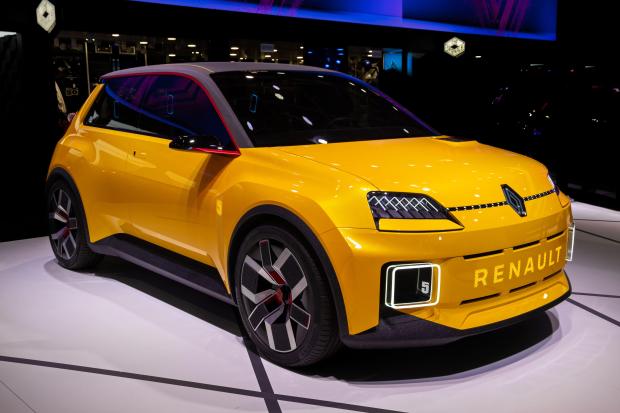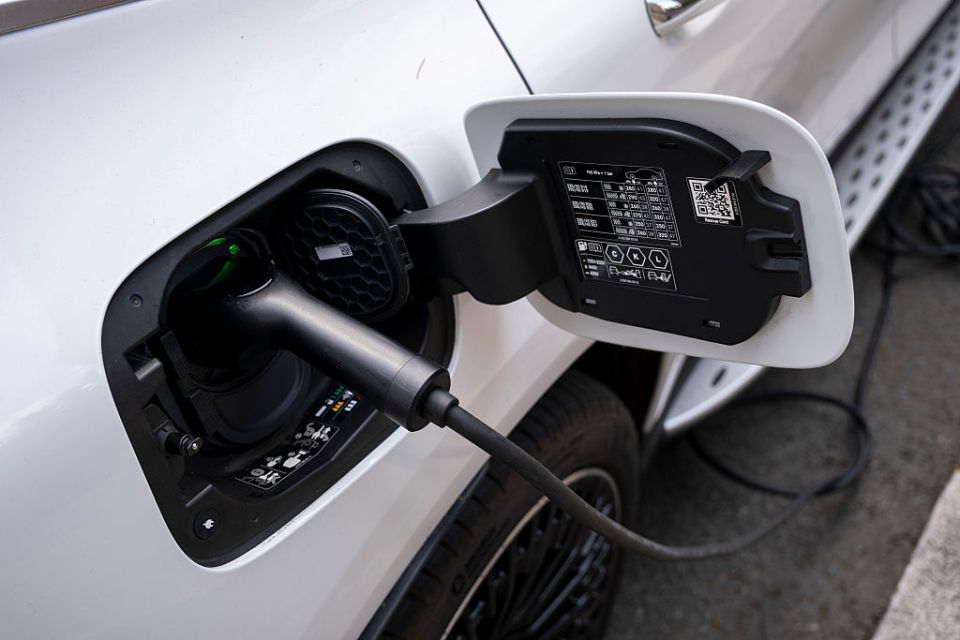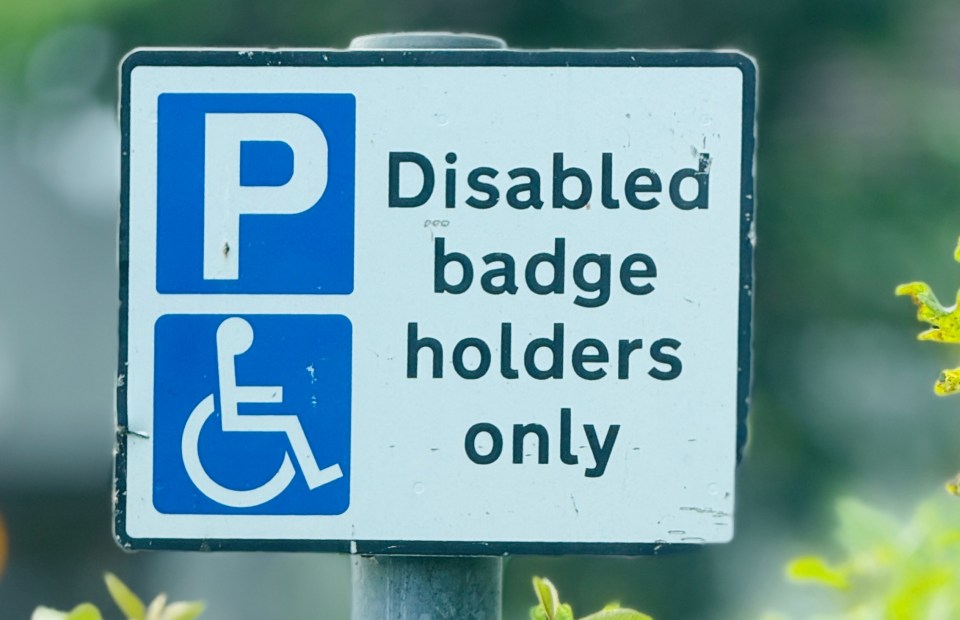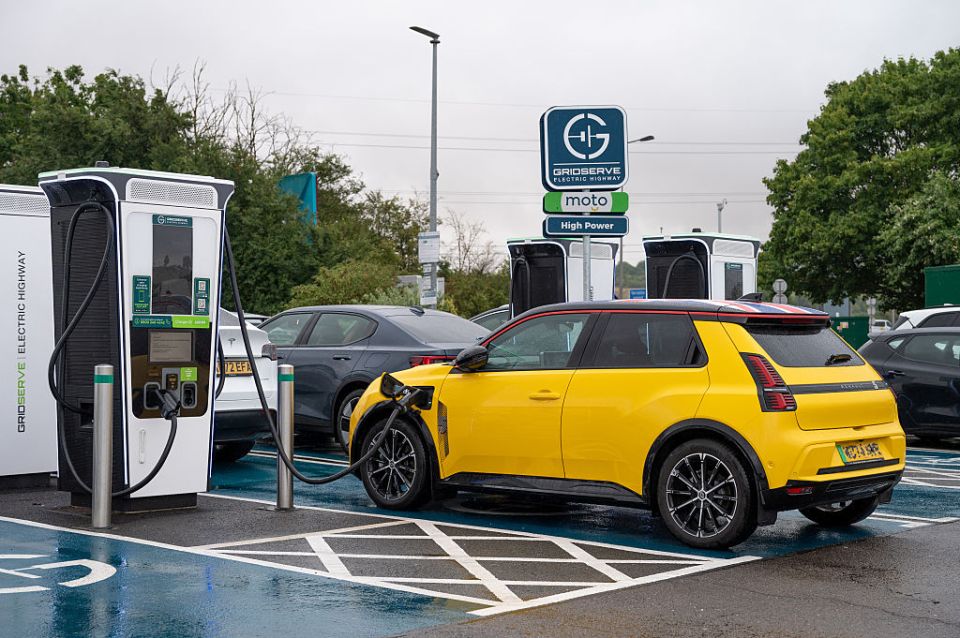A NEW government EV grant scheme goes live from today, which aims to encourage drivers to buy electric vehicles – by offering a discount of up to £3,750.
But many disabled drivers and Blue Badge holders may struggle to benefit from the grant – due to its price cap.
Launched today, August 11, the scheme allows motorists to save up to £3,750 on new EVs priced under £37,000.
But the initiative, part of a £650 million effort to boost EV adoption, has been criticised as it means Blue Badge holders may miss out.
Industry experts have estimated that 11,000 disabled Blue Badge holders may not be eligible for the savings due to restrictive affordability criteria.
They found that only 20 of the 40 most accessible and affordable EVs on the Motability Scheme meet the price threshold.
To that end, half of the most practical models for disabled drivers and Blue Badge holders could be excluded from the scheme.
And furthermore, disabled motorists often require vehicle adaptations or wheelchair-accessible conversions, but these are not covered under the scheme and must be paid out of pocket – making EVs less affordable for disabled individuals.
Experts, such as Matt Fieldhouse of Mobility in Motion, argue that the scheme neglects the specific needs of disabled drivers.
As reported by InsiderMedia, Fieldhouse said: “To make the transition to electric vehicles truly inclusive, the latest policy must consider additional support for disabled motorists.
“This includes raising the price cap for EVs under the Motability Scheme, recognising the additional costs of adapting your vehicle, and ensuring that grant eligibility reflects the real-world needs of disabled drivers – not just headline affordability.”
How to get a Blue Badge
A Blue Badge offers parking benefits for disabled individuals with applications assessed by local councils, while costs vary across the UK.
In England, Wales and Scotland, you can apply for a Blue Badge on the Gov.UK website, with some people qualifying for the badge automatically and others assessed on an individual basis.
Local councils are the ones in charge of assessing eligibility for badges, with applications taking up to 12 weeks.
Badges in England cost £10, whilst in Scotland, they are priced at £20. In Wales, badges are free.
If the council decides you are not eligible for the badge, you can request them to reconsider your application.
In the UK, wheelchair-accessible vehicles are those that have been modified by increasing the interior size of the vehicle and equipping it with a means of wheelchair entry, such as a wheelchair ramp or powered lift.
The £600million-a-year Disabled Motability scheme offers essential support to individuals with severe physical or mental disabilities.
The scheme is funded by the Department for Work and Pensions, supports around 589,000 claimants in England and Wales as of 2024.
Which EVs are eligible for the new Electric Car Grant?
When the new Electric Car Grant was announced by the government on 15 July 2025, it was revealed that, to qualify cars, must be priced at or under £37,000 as well as meeting other warranty, battery range and sustainability criteria.
It was also revealed that there are two levels for the grant; Level 1, which is for cars that score more favourably against the government’s sustainability criteria.
These, in turn, will gain the maximum £3,750 grant.
Level 2 cars, though, are deemed less sustainable and will receive the £1,500 grant.
All cars approved for the grant so far fall into Level 2, making them eligible for a £1,500 discount.
EV models eligible for the Electric Car Grant

- Citroen e-C3
- Citroen e-C3 Aircross
- Citroen e-C4
- Citroen e-C4 X
- Citroen e-C5 Aircross
- Citroen e-Berlingo M
- Renault Megane E-Tech
- Renault Scenic E-Tech
- Vauxhall Corsa Electric
- Vauxhall Astra Electric
- Vauxhall Frontera Electric
- Vauxhall Mokka Electric
- Vauxhall Grandland Electric
- Vauxhall Combo Life Electric














